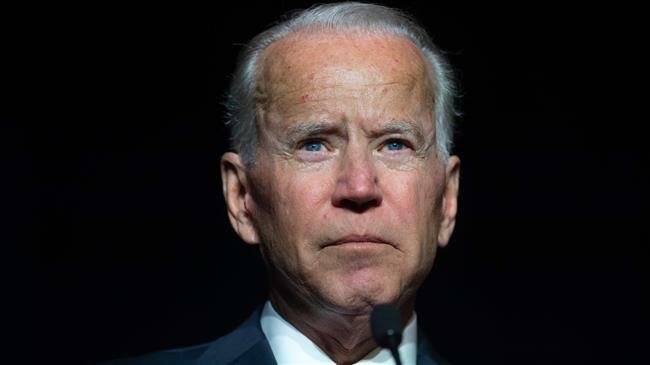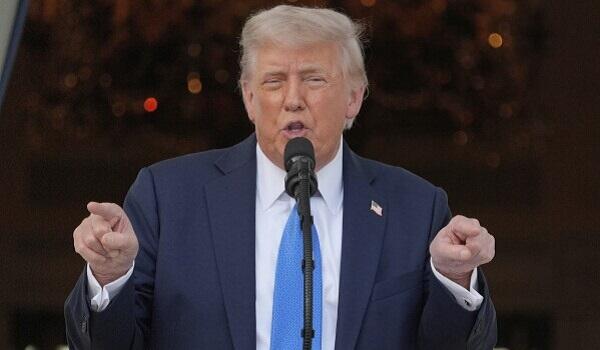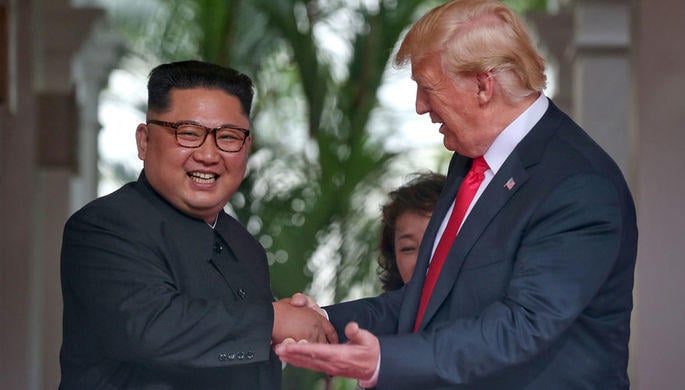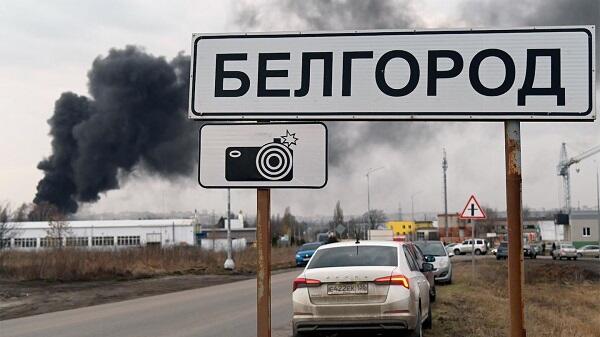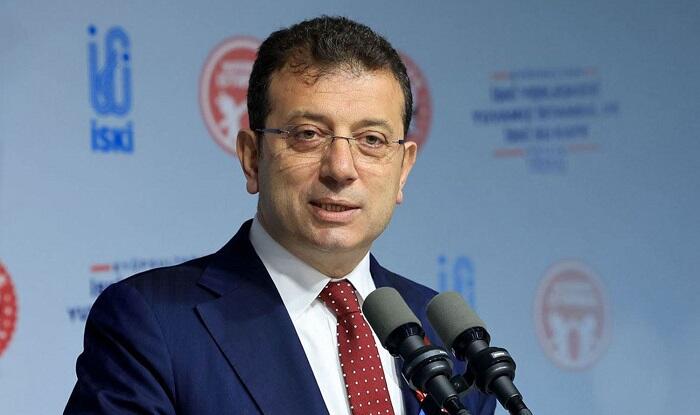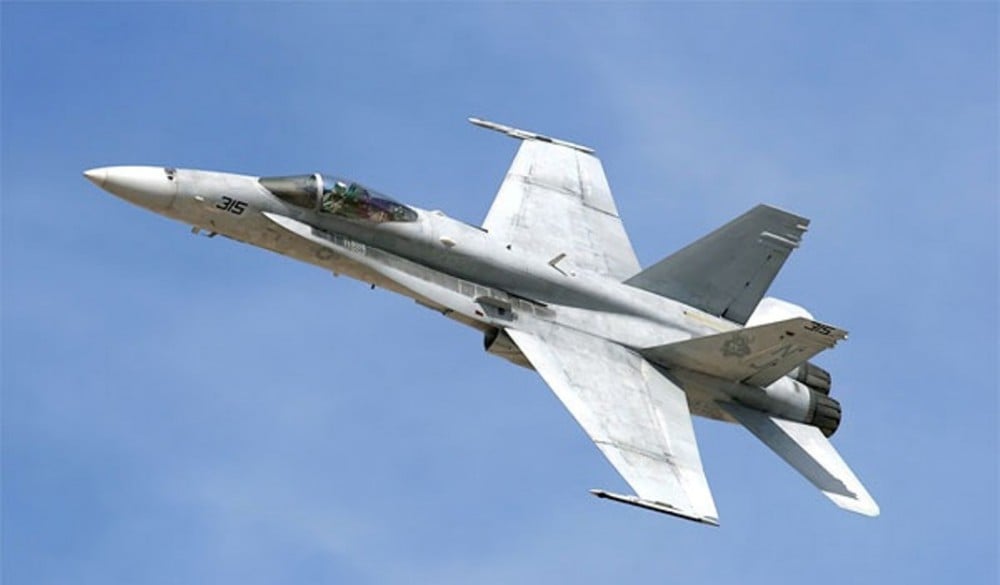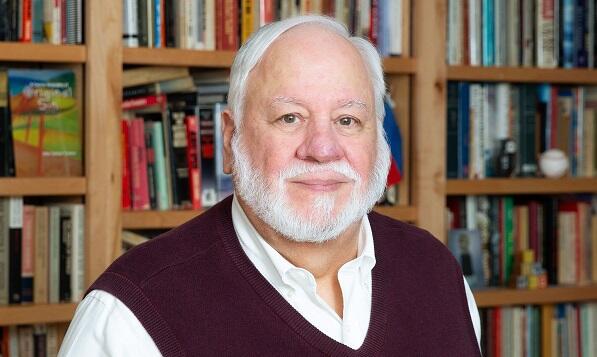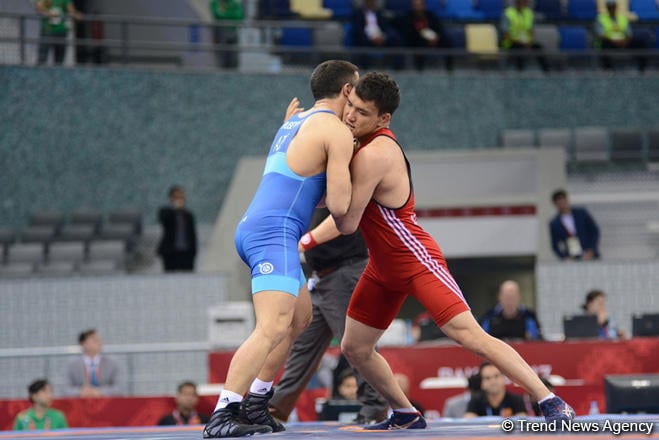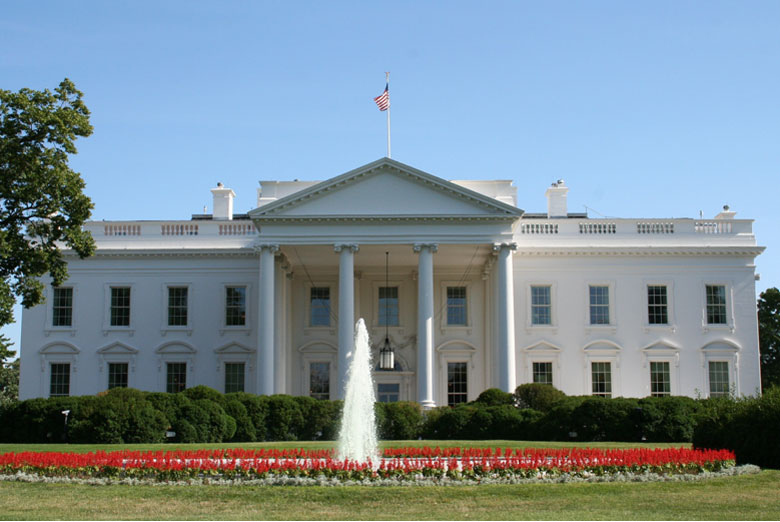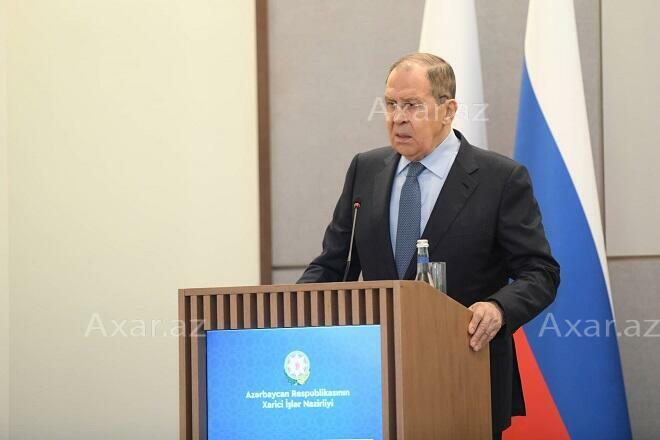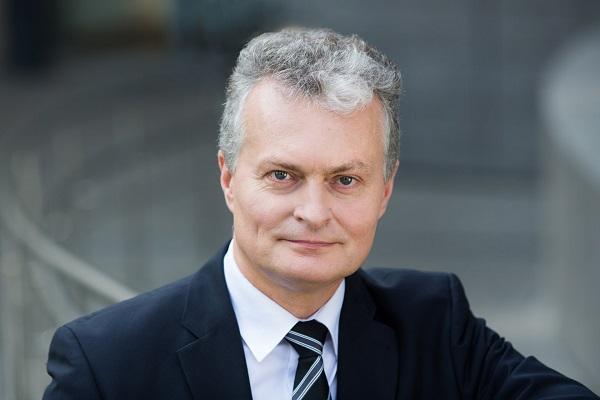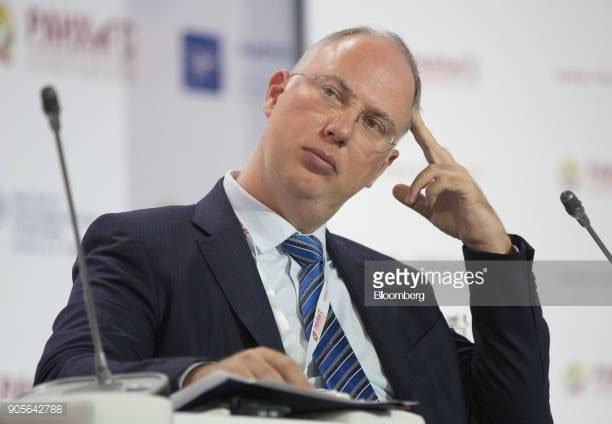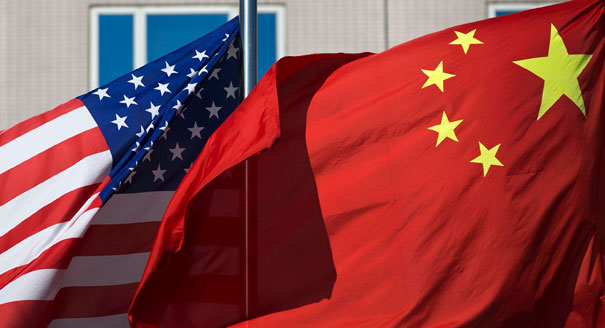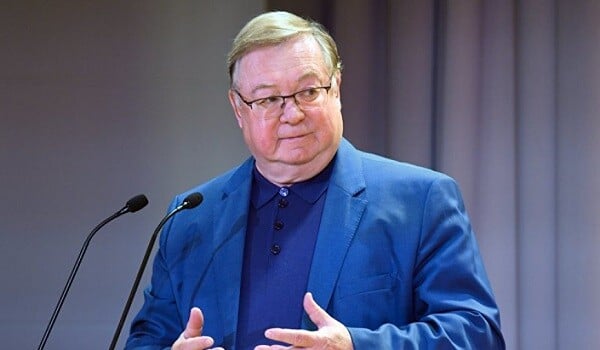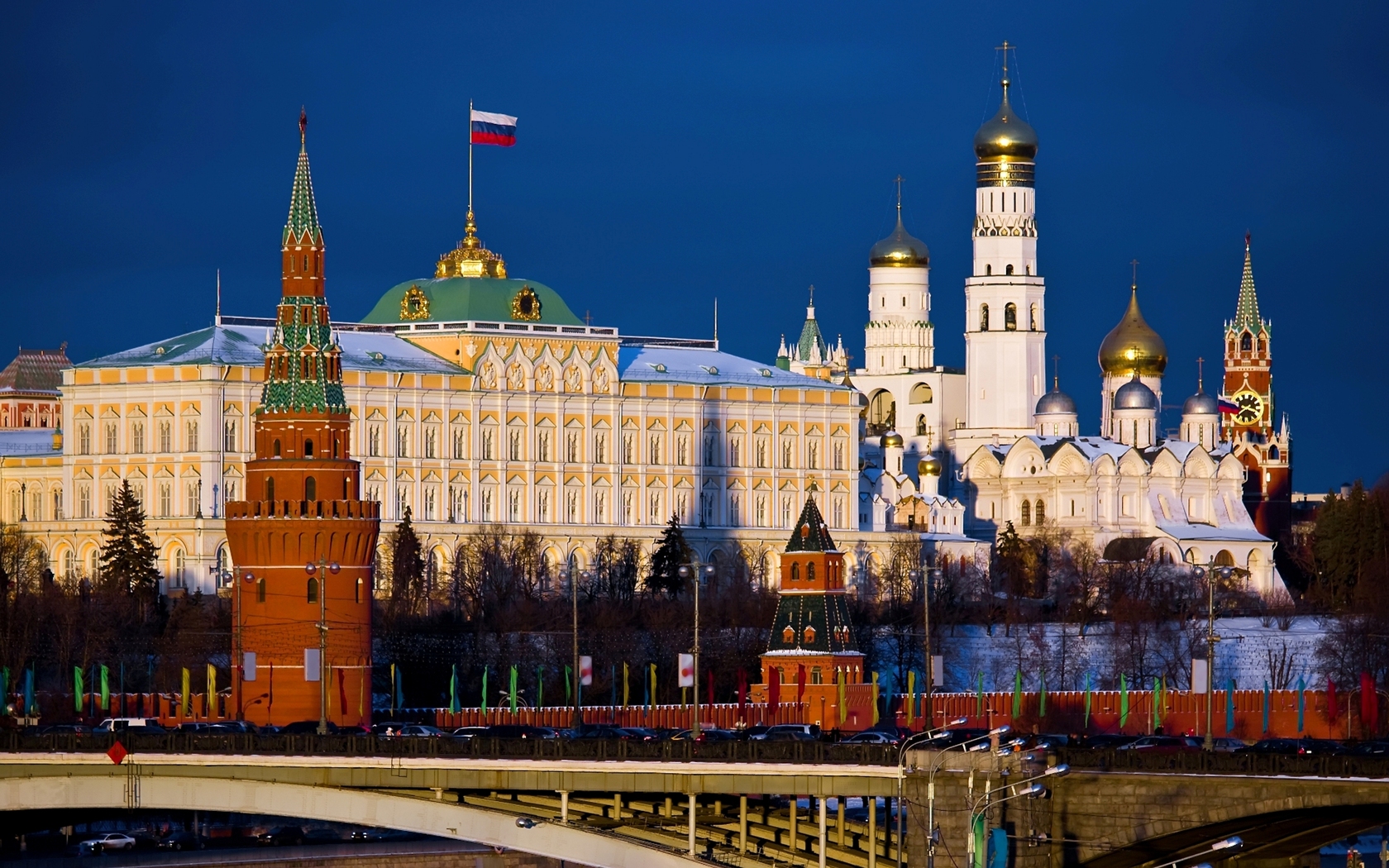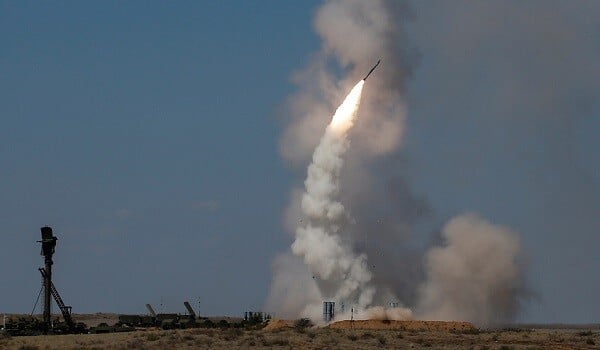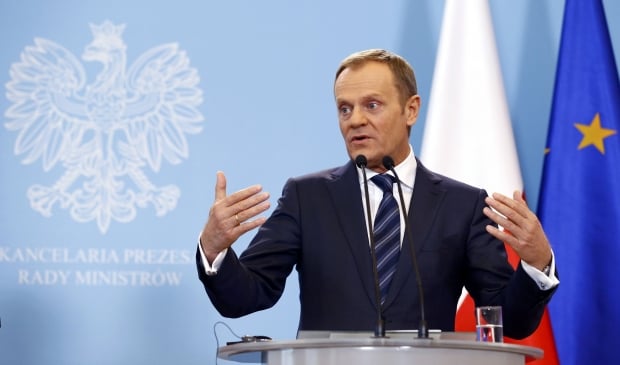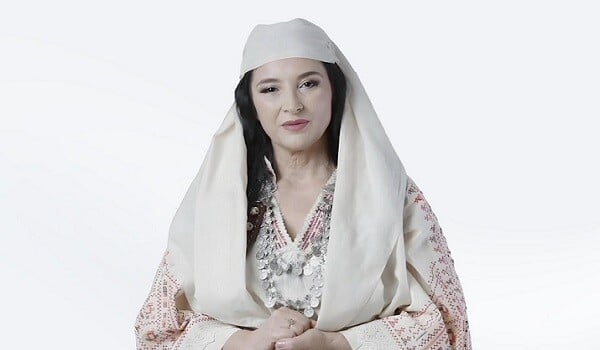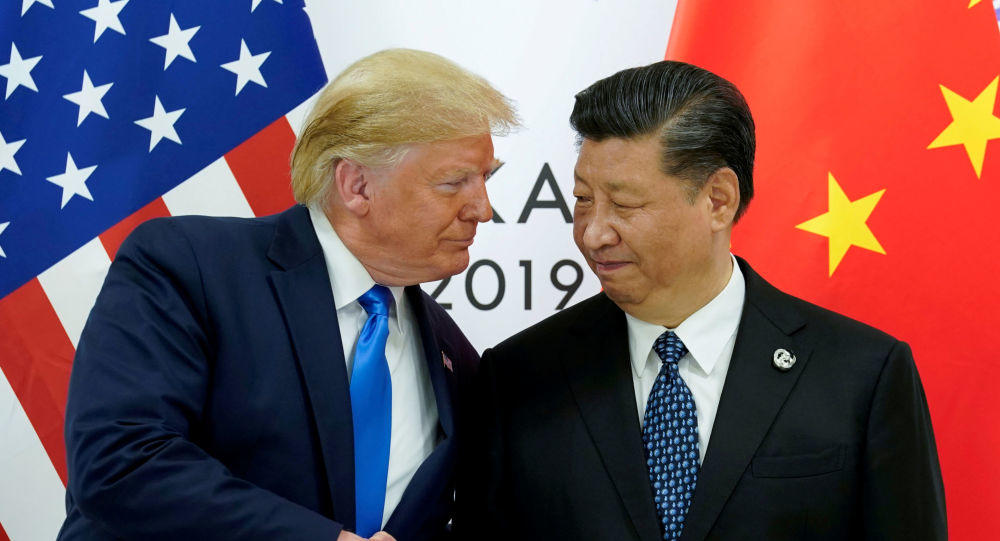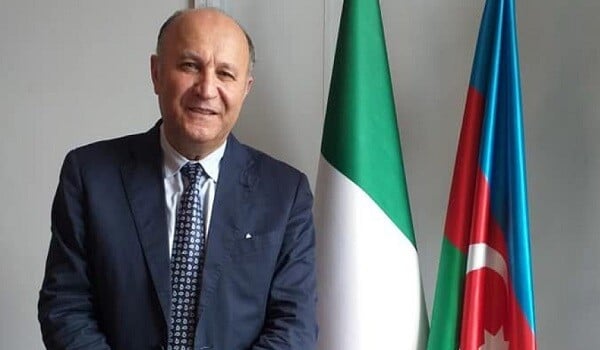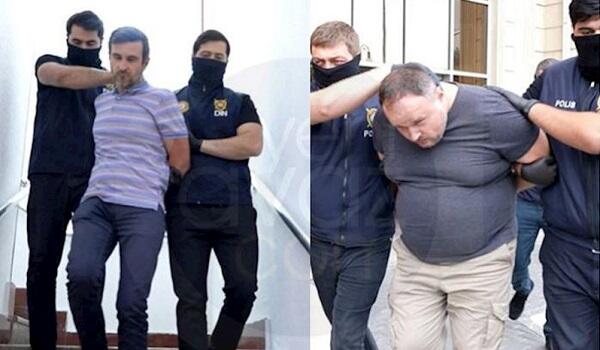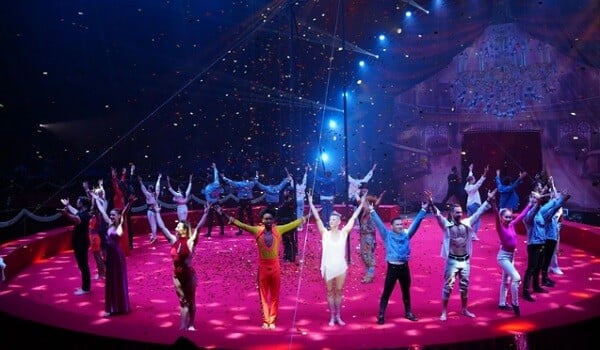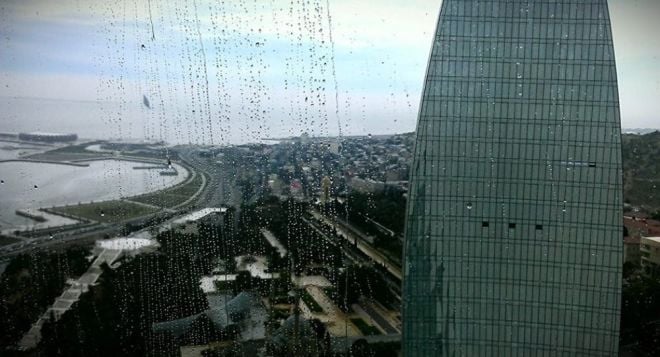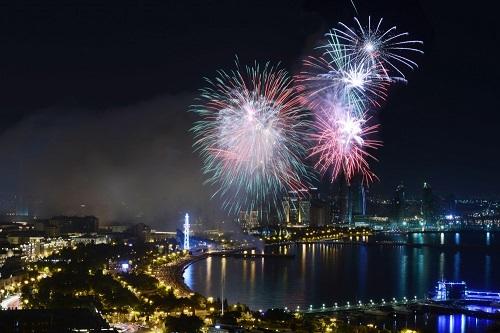Axar.az presents an article, "Poetry, Politics, Voice” by John Samuel Tieman.
Politics is a lot like poetry. You get elected. You find yourself in a strange new world that you thought you understood. You've heard about it all your life. You'd read books about it. But nothing prepares you for it. It reminds me of writing poetry. You've heard it all your life. You've read books about it. Then you try to write it only to find yourself searching for your own voice.
Poetry and politics begin in the same place. It looks pretty easy until you try it. In poetry, you first discover all the forms of modern aesthetics. In politics, you first discover all the norms of governance. Many folks are helpful. A good MFA program can help with poetry. The Municipal League is helpful with your elected office. But no one can really help you find your own voice. That and it takes time and practice.
By way of background. I sit on the City Council of University City, an inner-ring suburb of St. Louis. I'm also a widely published poet. I also publish poetry that I translate from the Spanish. I'm new at government and old at poetry.
In poetry, voice is more than simply style. Within the norms of language, voice is an almost spiritual quality in which the poet finds self-expression in diction, tone, subject matter, and purpose. It cannot be taught. Each voice is distinct. It is self-knowledge and it is more than self-knowledge. Out of this voice comes the artifact that provides a metaphysical connection between the subconscious of the poet and the subconscious of the reader or listener. Thus the true voice isn't an “I” but rather a “We”, the “I-Thou” that is art.
Politics, same thing. Most people think that politics is the raucous debate followed by the contentious vote. OK, that's one thing politics is. However, 95% of everything a politician does involves constituent services. Politics is relationship. Municipal politics is the most intimate level of the democratic republic. But at any level, once elected, you enter a new world. Where once you were an activist, now you are a legislator. Where once you were a protester, now you are a supervisor. Where once you were a disturber, now you are a coalition builder. It's all about relationship. And just like poetry, you get it done by finding your voice. Within the norms of governance, the political voice is an almost spiritual quality in which the politician finds self-expression in constituent services, legislation, and civic purpose. It cannot be taught. It is more than self-knowledge. The quest is to find a legislative voice that is one with the voice of the community. The political voice isn't an “I” but rather a “We”, the “I-Thou” that is the democratic republic.
British psychoanalyst Donald Winnicott wrote, “There’s no such thing as a baby.” Meaning that the baby is always in relationship with a caregiver, generally the mother. There is no such thing as a politician. That politician is always in a relationship generally with his or her constituency, his neighbors, and with fellow politicians. That relationship, that's where you find the poetry. Politicians come and go. But the poetry, the relationship, that relationship was there before you were elected, and will be there after you leave office. Finding your public voice within that relationship, that's the office holder's poetry, the politician's quest.
A quick caveat. Representing thousands should make a politician more open, thoughtful, patient, better informed, conscious of personal limitations, less interested in self and more in search of the common good. Politics should make the politician more dedicated to their neighbor. Politics should broaden the politician. Should. Should. Should. On the other hand, an associate, Kelli Dunaway, who served on the St. Louis County Council, said to me, “There are two types of politicians, public servants and self servants.”
But about that poetry. Someone once advised that a poet should write 10,000 poems before he or she has the chutzpah to publish one. The newly elected are often advised to sit and listen for a year before he or she has the chutzpah to speak. I'm a bit of a narcissist. I didn't listen to either bit of advice. But it's all good advice. When I was first elected, I thought being real smart, and being well educated, would suffice. Knowledge is important. But it's not nearly as important as love. A wise old pol once told me, “People won't care how much you know until they know how much you care.” How much you care for your neighbors – there's where you begin your search for your political voice.
